Measuring maternal healthcare in Europe
Inequity in terms of maternal healthcare is unfortunately a hallmark of health systems within the European context. For many women their specific healthcare needs have not even been acknowledged, let alone addressed, before , during and after their pregnancy. One in ten women has no access to maternal healthcare in the first months of pregnancy; in 2013 alone there were 1,900 maternal deaths in Europe. The lack of access to timely and quality healthcare for pregnant women, and the wider implications this has for the whole of society, can no longer be ignored. Across Europe there is a need for better and more comprehensive indicators to measure the standard of maternal healthcare.
The Alliance for Maternal Health Equality held a workshop during the recent European Health Gastein Forum with the aim of introducing a health systems performance measurement matrix focusing on several different but equally important aspects of maternal healthcare; the goal was to connect maternal health with the broader picture and relevant factors required for its performance evaluation. The session aimed to test and validate the suggested factors that were accumulated and proposed during the Alliance’s first 18 months of existence as well as the concerns and focus that we have noticed throughout our work with members and other organisations.
The session was attended by 55 participants from different sectors: industry, civil society and INGOs. The main speakers also played the role of moderators:
- Mervi Jokinen, President, European Midwives’ Association
- Ciara O’Rourke, MSD for Mothers Lead in Europe, Director – Public Policy (Europe & Canada)
- Ramazan Salman, Executive Director, Migrants for Migrants (MiMi), Germany
- Daniela Drandic, Head of Reproductive Rights Campaign, RODA
- Francois Fille, European Advocacy Coordinator, Doctors of the World International
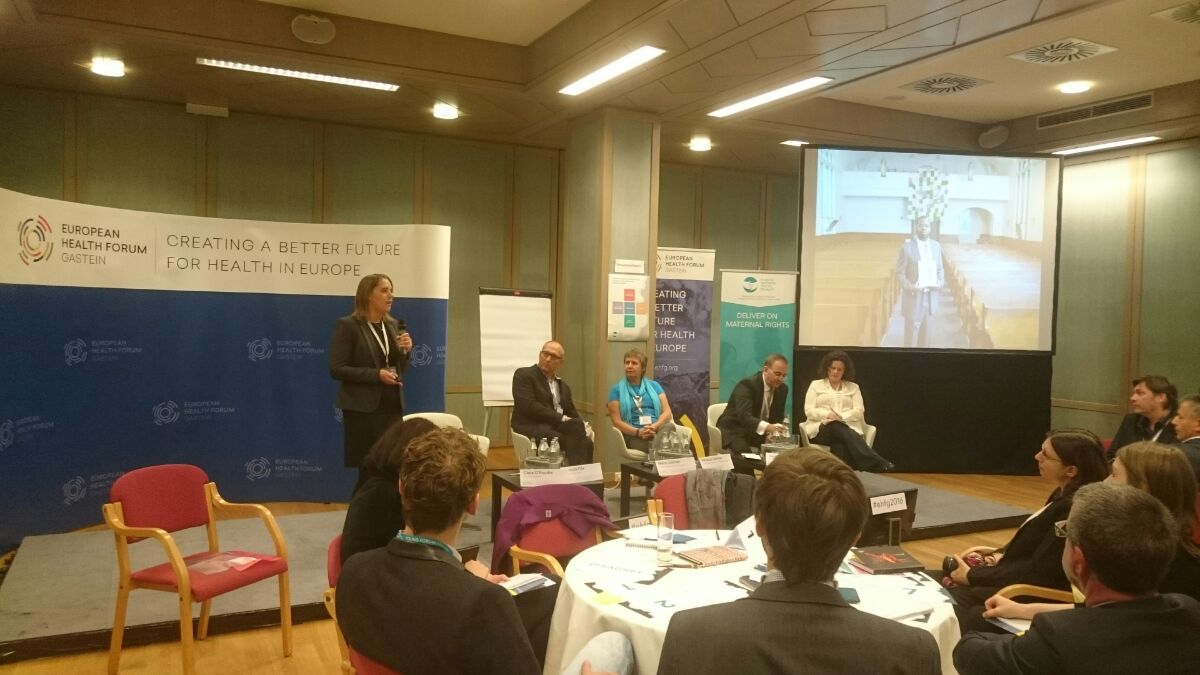
While there is a different situation around maternal health in each country, the European Core Health Indicators (ECHI) exist with the goal of monitoring and comparing the situation in the EU and wider Europe. Yet, as the Alliance for Maternal Health Equality already outlined during a dinner held within the framework of Women Deliver 2016, only four of the ECHIs actually focus directly on maternal health, namely: mothers age distribution, fertility rate, perinatal mortality and low birth rate. These indicators also need to be more encompassing, as maternal health is dependent on other less obvious factors such as social determinants, rural versus urban divide, etc.
The workshop therefore provided a rare opportunity for various stakeholders within the policy community to sit down and have an open discussion around this issue. Solutions proposed by the attendees focused on a variety of practical measures and beliefs going forward. For example, it was proposed that healthcare national systems should strive to operate under common benchmark rules for maternal healthcare,and as part of the country’s individual health system. Current global efforts to combat maternal morbidity and lack of access must also focus on Europe, it was agreed. Also acknowledged was the perception of quality maternal healthcare as a privilege – the attendees agreed that a positive birthing experience is not an added value but a basic right.
The EU must exert greater influence on maternal healthcare and performance management, according to the attendees. There was also a consensus that Europe’s problems when it comes to maternal rights and healthcare are largely overlooked.
Finally it was agreed that national systems should operate under common benchmark rules when it comes to maternal healthcare, regardless of a country’s individual health system.
The Alliance for Maternal Health Equality now aims to introduce and test the format at the national level and to create a bridge between it and the existing European-level efforts. Going national is necessary in order to delve deeper into the problem and the different national specificities around it, especially in light of the nature of health as a national competence in the EU. This will also enable an enhanced understanding on the problem of inequity and lack of access, via first-hand, on-the-ground experience.
Ultimately the attendees agreed that equitable access to maternal healthcare must be considered as a top priority for Europe: a continent of increasingly diverse populations, facing many issues when it comes to the accessibility of its healthcare systems. It is our belief that maternal health must be seen as a crucial pillar when building resilient, effective and accessible healthcare systems.
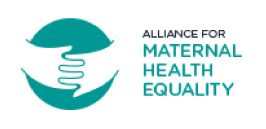


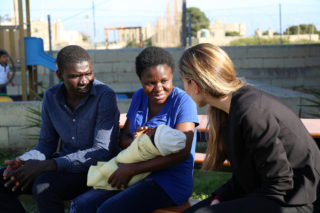

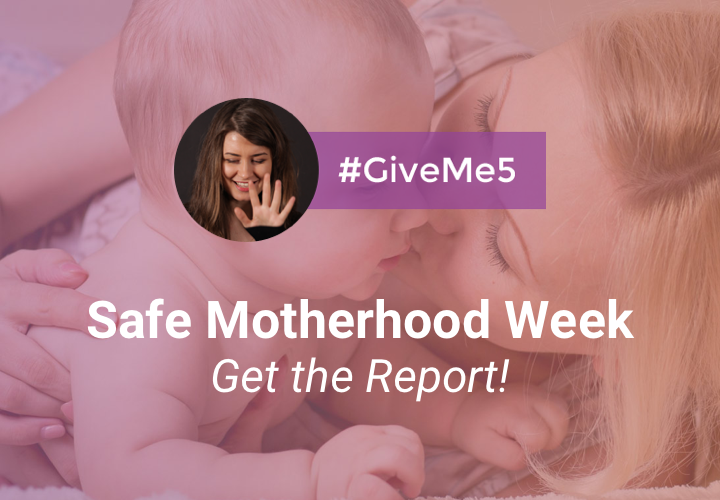
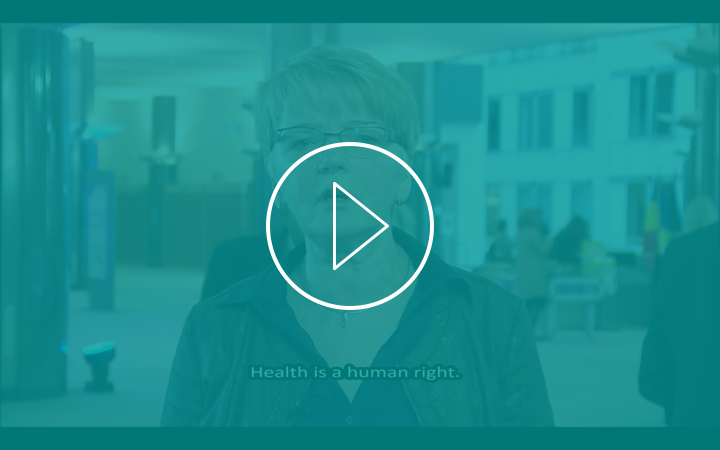



Leave a comment